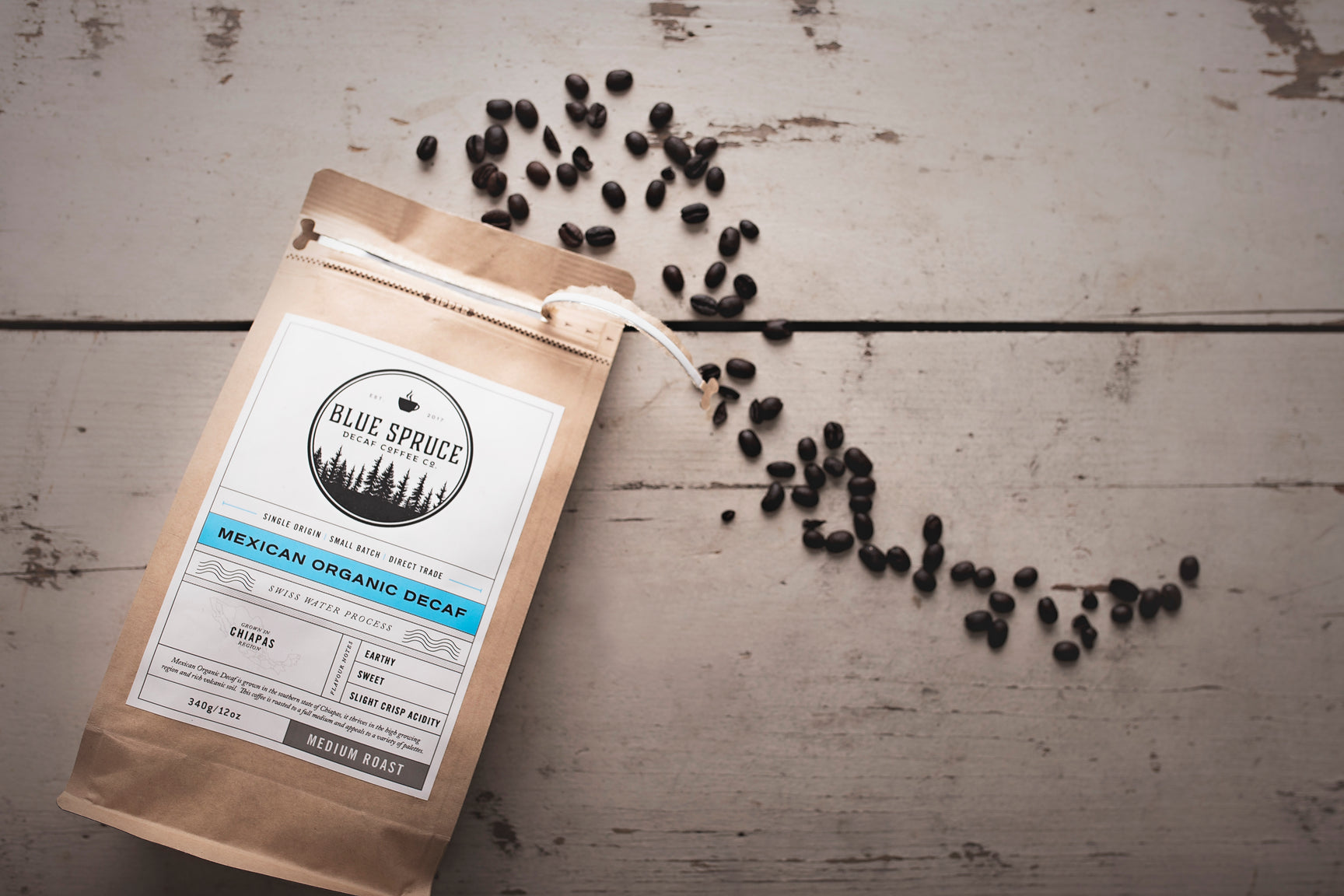Coffee gives a jolt of energy! Therefore, it is the most preferred morning beverage in the world. Consuming coffee indeed helps you function better, but what about the side effects of caffeine? Due to the stimulating effects of caffeine, there is a big shift towards caffeine free coffee. More and more people are becoming health conscious and switching to decaf. Let’s talk about decaf and find out if it is really worth the hype.
Is there caffeine in decaf coffee?
The process of decaffeination reduces caffeine content to around 1-2%. It means a standard 8-ounce cup of decaf coffee will have around 2-5 milligrams of caffeine content only. Compared to a regular cup of coffee which has around 70-140 milligrams of caffeine, the traces in decaf are minimal and generally considered safe. However, it is important that people with extreme caffeine sensitivity exercise caution while consuming decaf.

How is caffeine free coffee made?
Decaffeination is a meticulous process which retains the flavors but removes the caffeine content. There are two primary methods of decaffeination. The Swiss water process involves washing coffee beans in water until decaffeination and some brands use chemically decaffeinated beans which are soaked and washed in chemical solvents.
What are the benefits of drinking coffee without caffeine?
Decaf is just like your regular coffee, so all the health benefits of antioxidants remain intact in decaf. In addition to the reduced risk of type 2 diabetes, decaf offers the additional benefits of enjoying a caffeine free beverage. It means switching to decaf gives you the health benefits of regular coffee minus the stimulating effects of caffeine.
Drinking regular coffee in the late afternoon may disrupt your sleep schedule, however, you can enjoy decaf any time of the day because of the absence of caffeine. Here are the potential benefits that you can experience by switching to caffeine free coffee.
- Sleep Quality: Caffeine can disrupt sleep patterns. Switch to decaf and savor the warmth without compromising your sleep quality.
- Improved digestion: Caffeine may lead to acid reflux or digestive discomfort. So switch to decaf and avoid the potential side effects.
- Reduced Jitters: Stimulating effects of caffeine also includes jitters or heart palpitations. Hence, decaf is a great choice for those sensitive to stimulants.
- Stress Management: Excessive caffeine intake causes stress and anxiety. Decaf provides a soothing ritual and you don’t have to worry about your stress levels.
Is it worth switching to decaf espresso beans?
Regular espresso has a rich and full-bodied taste but it also gives the caffeine kick. Espresso enthusiasts who are suffering from caffeine sensitivity can still enjoy the ritual of preparing and savor a shot by switching to decaf espresso. You don’t have to worry about its impact on your sleep, stress, or other factors affecting your well-being.
The choice to switch to decaf espresso beans is absolutely worth it as it has potential health benefits. Those who are concerned about the flavor and aroma should search for Swiss water processed decaf. It is a natural and viable option to enjoy coffee without caffeine.
Conclusion
While the debate between caffeinated and decaffeinated coffee continues, the benefits of choosing coffee without caffeine for your health are evident. To enjoy the nuanced flavors of espresso without the stimulating effects of caffeine, switch to Blue Spruce Decaf Coffee Co. Their decaf coffee is caffeine free, Swiss water processed and certified organic. Blue Spruce is a renowned brand for medium and dark roast blends of Thai and Mexican origin. Order now and savor a delightful experience with no stress of caffeine consumption.

No comments yet